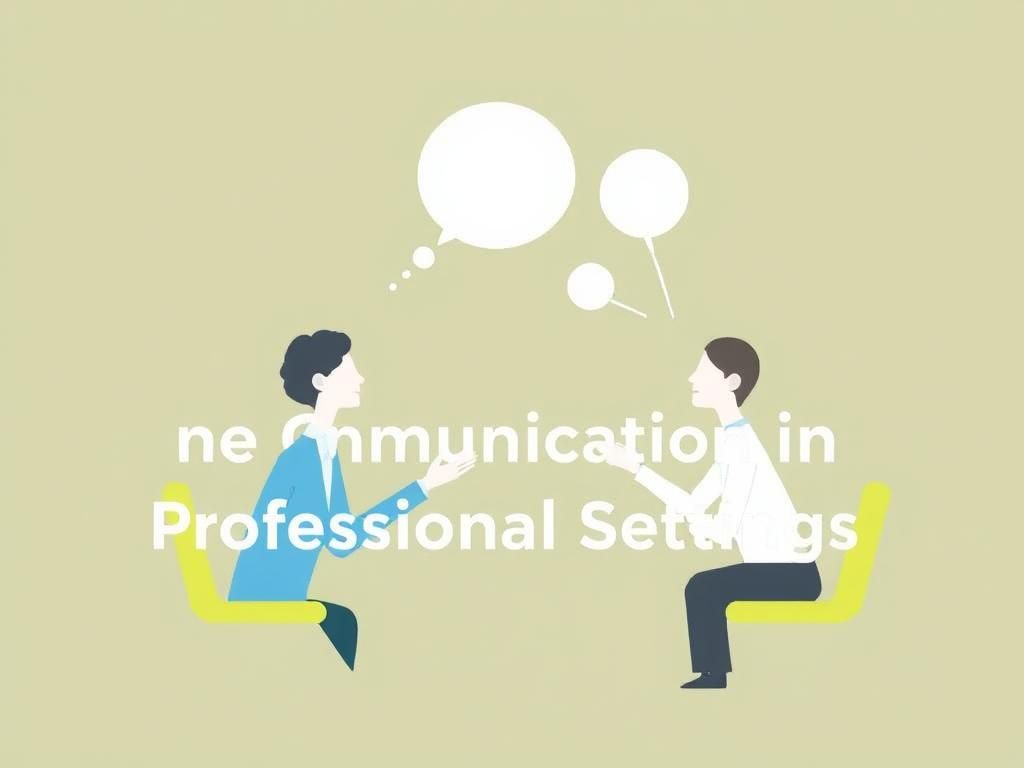The phrase “Thank you for getting back to me” is more than just a polite formality. It is an essential element in effective communication, whether in professional or personal contexts. Effective communication fosters collaboration, strengthens relationships, and promotes mutual understanding among individuals.
In the fast-paced world we live in, acknowledging someone else’s response can help build connections that are vital for personal and professional growth. In this article, we will explore the significance of acknowledging responses, the right moments to use this phrase, various ways to express gratitude, the optimal way to craft response emails, common mistakes to avoid, alternatives to this phrase, and helpful resources for further learning.
The Importance of Acknowledging Responses
Building Relationships
Acknowledging responses is key to building relationships. Whether it’s a colleague, a client, or a family member, a simple thank you lays the groundwork for trust. It establishes a rapport that fosters open lines of communication, making it easier to collaborate and work as a team.
Demonstrating Professionalism
Using phrases like “thank you for getting back to me” is also a sign of professionalism. It shows respect and courtesy to the person you are addressing. Moreover, demonstrating a willingness to acknowledge responses can positively impact your professional reputation. A person who is polite and values others’ time is often perceived as more professional and is likely to be remembered favorably in future interactions.
When to Use “Thank You for Getting Back to Me”
In Professional Emails
In professional communications, using “thank you for getting back to me” is crucial, especially in scenarios such as:
- Following up after job applications
- After receiving feedback from clients
- Replying to an inquiry from a colleague
Certain tones are suitable for specific circumstances. Keep it professional but friendly to ensure your message resonates well.
In Personal Correspondence
In personal communication, this phrase is just as vital. Following up with friends or family after they reach out can strengthen relationships. Expressing gratitude shows you value their time and their input, making “thank you for getting back to me” relevant in maintaining personal relationships as well.

Ways to Express Gratitude Beyond the Phrase
Varieties of Expression
While “thank you for getting back to me” is a great phrase, various ways to express gratitude exist, such as:
- “I appreciate your prompt response”
- “Thanks for your quick reply”
Each variation can add a personal touch to your communication, reflecting your style and the relationship you have with the recipient.
Tailoring Messages to the Context
Tailoring your messages is crucial. Understanding whether the setting is formal or informal is important. For example, in a formal context, you may choose to say, “Thank you for your timely response”, whereas a more casual setting could warrant something like “Thanks for getting back to me!”. Additionally, cultural considerations may influence how gratitude is expressed, so be mindful of the recipient’s background.
Crafting a Response Email
Structure of a Response Email
When crafting an email, a clear structure is essential for effective communication. Consider the following components:
| Section | Description |
|---|---|
| Subject Line | Clearly state the purpose of your email. |
| Opening | Start with a note of appreciation. |
| Body | Address the key content of your email. |
| Closing | Reiterate your thanks and include a follow-up. |
Examples and Templates
Here are some practical examples:
- Sample Professional Response: “Thank you for getting back to me regarding my application. I look forward to hearing from you soon.”
- Sample Personal Response: “Thanks for getting back to me! It was great to hear from you.”

Common Mistakes to Avoid
Sounding Insincere
One common mistake is sounding insincere. It is crucial to be authentic and genuine in your appreciation. Phrases like “thank you for getting back to me” can feel empty or mechanical if overused. Focus on personalizing your messages to reflect genuine appreciation.
Ignoring the Context
Another mistake is ignoring the context of the conversation. Understanding prior discussions is vital to crafting an appropriate response. Tailor your tone and phrasing for the audience, as this shows respect for the relationship and context.
Overdoing It
Lastly, it’s essential to find the right balance in expressing gratitude. Excessive gratitude can come off as desperate or disingenuous. Use the phrase when appropriate but find a balance that feels authentic.
Alternatives to “Thank You for Getting Back to Me”
Shortened Versions
Shortened versions of this phrase can be just as effective, such as:
- “Thanks for the update!”
- “I appreciate the reply!”
More Formal Alternatives
For more formal settings, consider using alternatives like:
- “Thank you for your timely response.”
- “I appreciate your attention to this matter.”
Conclusion
In conclusion, incorporating the phrase “thank you for getting back to me” into your communication can have significant benefits. It fosters goodwill and strengthens relationships, making it an invaluable tool in personal and professional contexts. By being mindful of context, crafting appropriate responses, and avoiding common pitfalls, you can enhance your interactions and create lasting connections.
Additional Resources
Articles on Professional Communication
Books on Interpersonal Skills
Consider reading “Crucial Conversations” for insights on effective communication.
Online Courses for Effective Communication
Platforms like Coursera and Udemy offer great courses on enhancing interpersonal communication skills.
FAQ
- What does “thank you for getting back to me” mean? This phrase is an expression of gratitude directed at someone for their quick response to previous communication.
- When should I use this phrase? Use it in both professional emails and personal correspondence when someone responds to your inquiry or message.
- Are there alternatives to this phrase? Yes, alternatives include “Thanks for your prompt reply” and “I appreciate your feedback.”
- How can I sound more sincere? Personalize your message and express appreciation in a way that feels authentic to you.
- Why is communication important? Effective communication builds trust, fosters collaboration, and enhances relationships.
- Can I use this phrase in informal settings? Yes, it is appropriate in informal settings as well to show appreciation.
- What are some common mistakes to avoid? Avoid sounding insincere, ignoring context, and overdoing your expression of gratitude.